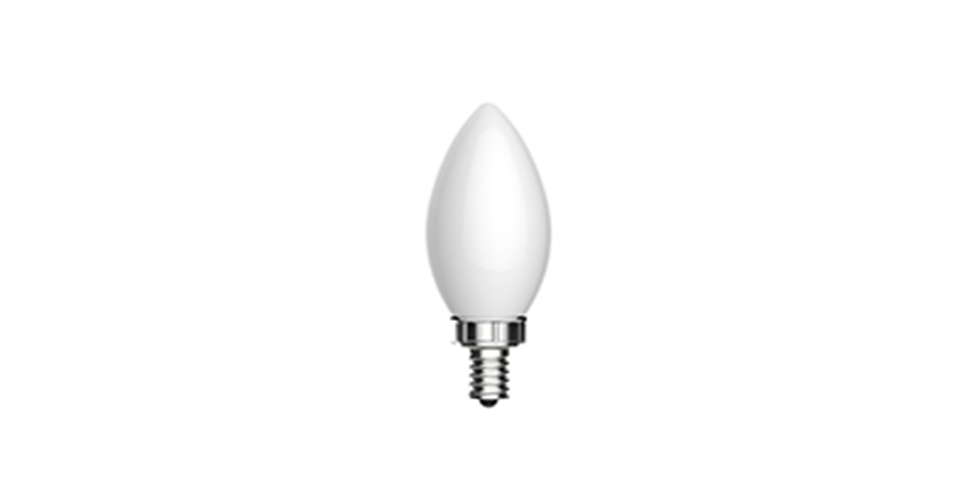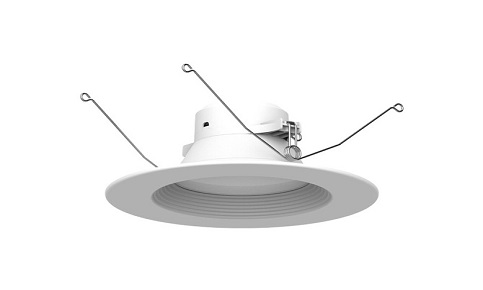
In the ever-evolving landscape of lighting technology, Light Emitting Diode (LED) bulbs have emerged as a shining star, offering numerous advantages over traditional lighting options. From energy efficiency to extended lifespan, LED bulbs have revolutionized the way we illuminate our spaces. Within the vast array of LED bulb types, three stand out: Plastic Light Bulb, Filament LED Bulb, and High Lumen LED Bulb. In this blog, we will explore these LED bulb light types, shedding light on their unique features, applications, and benefits.
Plastic Light Bulbs represent a contemporary and eco-friendly approach to LED lighting. Unlike traditional glass bulbs, Plastic Light Bulbs are constructed using durable, shatterproof materials such as polycarbonate or acrylic. This makes them an excellent choice for areas prone to vibrations or impacts, such as schools, gyms, and commercial spaces.
Durability: Plastic Light Bulbs can withstand accidental drops and rough handling, reducing the risk of breakage and the associated hazards.
Lightweight: Their lightweight design makes plastic bulb easy to install and suitable for various fixtures.
Heat Dissipation: The thermally conductive properties of plastic ensure efficient heat dissipation, which is crucial for maintaining LED performance and longevity.
Versatility: Plastic led light bulb is available in various shapes, sizes, and colors, making them ideal for both indoor and outdoor applications.
Schools and Educational Institutions
Sports Facilities and Gyms
Industrial Settings
Outdoor Fixtures
The LED filament bulb China marries modern LED technology with the vintage charm of traditional incandescent bulbs. This bulb type features LED filaments that mimic the look of glowing filaments in classic incandescent bulbs. As a result, Filament LED Bulbs deliver a warm and inviting ambiance reminiscent of the past while offering the energy efficiency and longevity of LED technology.
Aesthetic Appeal: The visible filaments create a nostalgic and aesthetically pleasing glow, making Filament LED Bulbs perfect for decorative fixtures and exposed pendant lamps.
Dimmable Options: Many Filament LED Bulbs are dimmable, allowing users to adjust the brightness and set the desired atmosphere.
Energy Efficiency: Despite their vintage appearance, Filament LED Bulbs consume significantly less energy compared to traditional incandescent bulbs.
Long Lifespan: Filament LED Bulbs can last up to 15 times longer than incandescent bulbs, reducing the frequency of replacements.
Chandeliers and Pendant Lamps
Decorative Fixtures
Restaurants and Cafes
Home Lighting
When it comes to illuminating large spaces and areas requiring bright and powerful lighting, high lumen smart bulb take center stage. These bulbs are designed to emit a high amount of lumens, effectively providing intense brightness without compromising on energy efficiency.
High Brightness: High Lumen LED Bulbs can deliver brightness levels ranging from 1000 to 2000 lumens and beyond, making them suitable for commercial and industrial applications.
Energy Efficiency: Despite their high brightness, these bulbs remain energy-efficient, consuming significantly less power compared to traditional high-intensity discharge (HID) lamps.
Instant Illumination: Unlike some traditional light sources, smart bulb high lumen offer instant full brightness, making them suitable for applications where immediate illumination is essential.
Long Operational Life: High Lumen LED Bulbs boast an extended operational life, reducing maintenance costs and downtime.
Warehouses and Industrial Facilities
Outdoor Area Lighting
Sports Arenas and Stadiums
Retail Stores and Supermarkets
As LED lighting continues to reshape the lighting industry, the diversity of LED bulb light types expands, offering tailored solutions for various lighting needs. From the durability and versatility of Plastic Light Bulbs to the vintage charm of Filament LED Bulbs and the high-intensity brightness of High Lumen LED Bulbs, each type presents distinct advantages to suit specific applications. Embracing LED technology not only enhances energy efficiency and reduces environmental impact but also illuminates our lives with enhanced aesthetics and functional lighting solutions. The future of lighting is LED, and with its continuous innovations, we can look forward to an even brighter, more sustainable, and captivatingly lit world.







